Immunologist Yi-Tsang Lee wins prestigious Irvington Postdoctoral Award
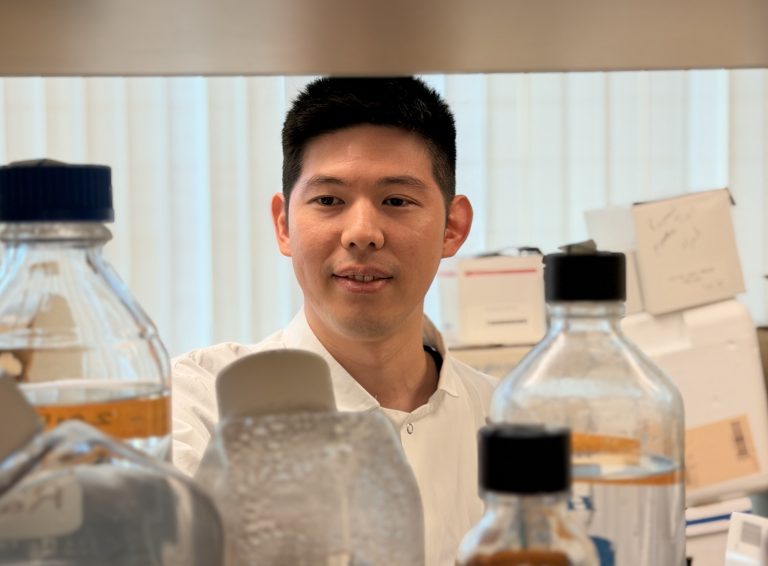
Lee aims to develop new tool to fuel cancer immunotherapy research

Lee aims to develop new tool to fuel cancer immunotherapy research
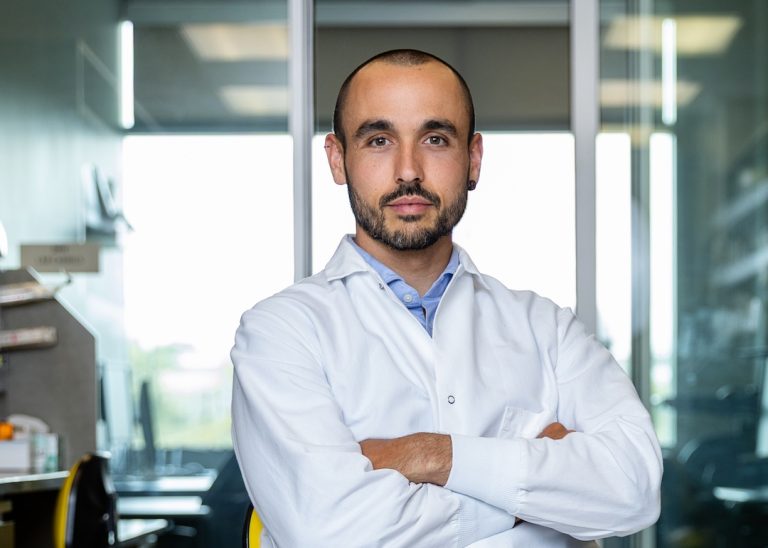
LJI scientists team up with Colorectal Cancer Alliance's Project Cure CRC to end this devastating cancer
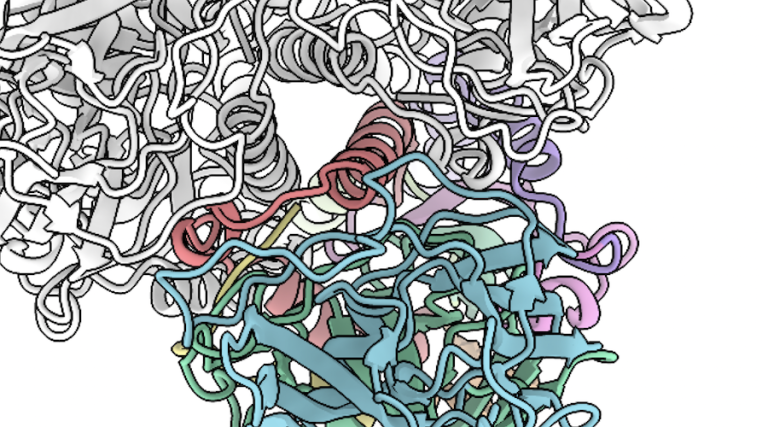
LJI scientists uncover a new avenue for stopping cancers, autoimmune diseases, and more.

Meet OGT, your guardian enzyme on the dark side of the genome
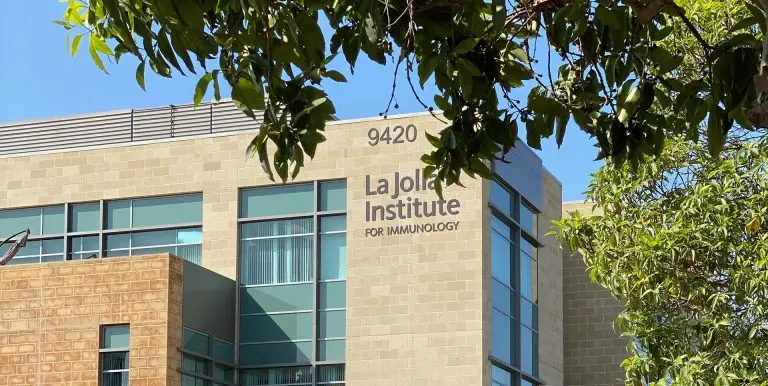
Curebound grants may lead to new approaches to fight breast cancer, lung tumors and more
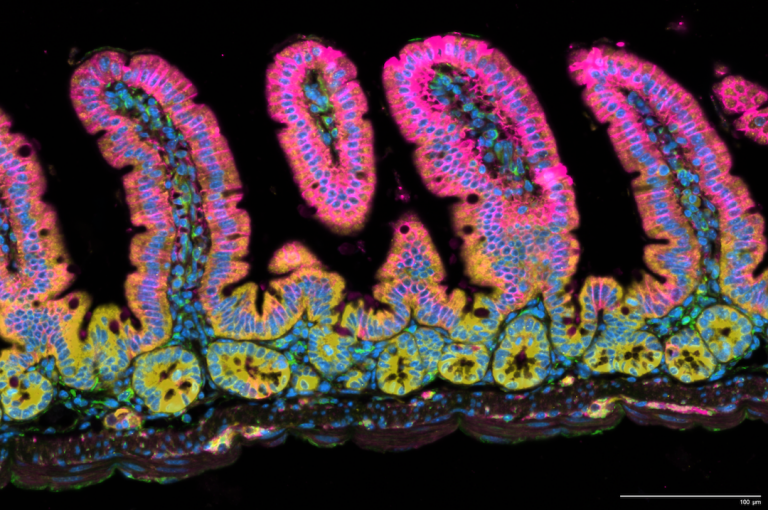
Scientists show how a special group of T cells travels through the small intestine to combat pathogens
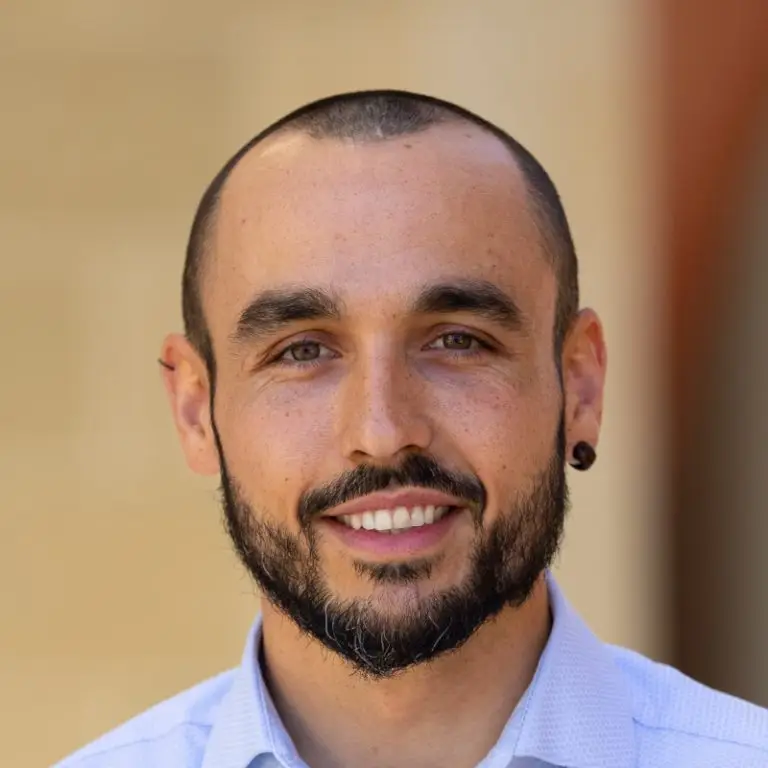
LJI lab looks to "boost" cancer-fighting T cells

With this new $300,000 grant, LJI Assistant Professor Miguel Reina-Campos, Ph.D., sets out to make scientific training more accessible
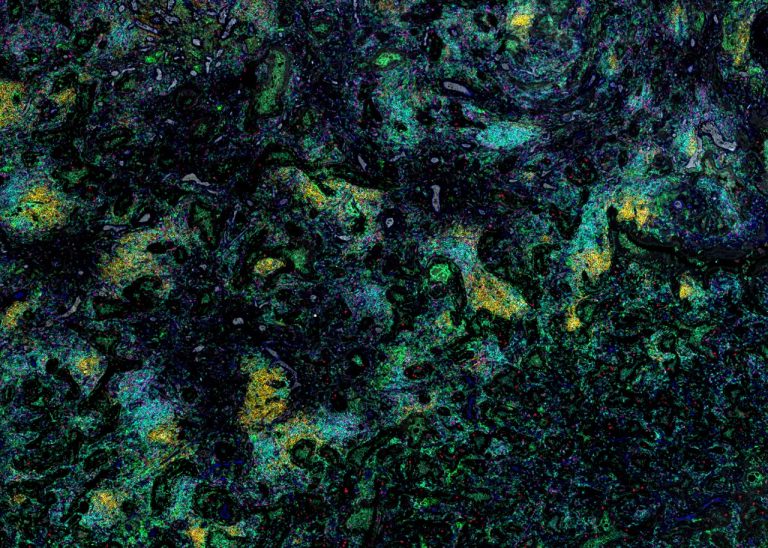
Pandurangan Vijayanand, M.D., Ph.D., and his lab members employ genomics tools to understand, diagnose and treat pulmonary disease such as asthma, lung cancer and infectious diseases, including the novel coronavirus.

Sonia Sharma, Ph.D., and her lab members lead unbiased, genome-scale approaches to unravel innate immunity, the body’s early immune response to microbial pathogens and neoplastic cells.

Alessandro Sette, Dr.Biol.Sci., defines in chemical terms the specific structures (epitopes) that the immune system recognizes and uses this knowledge to measure and understand immune responses.

Stephen Schoenberger, Ph.D., is focused on achieving a mechanistic understanding of the generation and regulation of T cell responses in the context of in vivo infection and tumor development.

Erica Ollmann Saphire, Ph.D., MBA, studies, at the molecular level, how and why viruses are pathogenic. This work provides the roadmap for medical defense.

Anjana Rao, Ph.D., focuses on understanding how signaling pathways control gene expression, using T cells and other cells of the immune system as models.
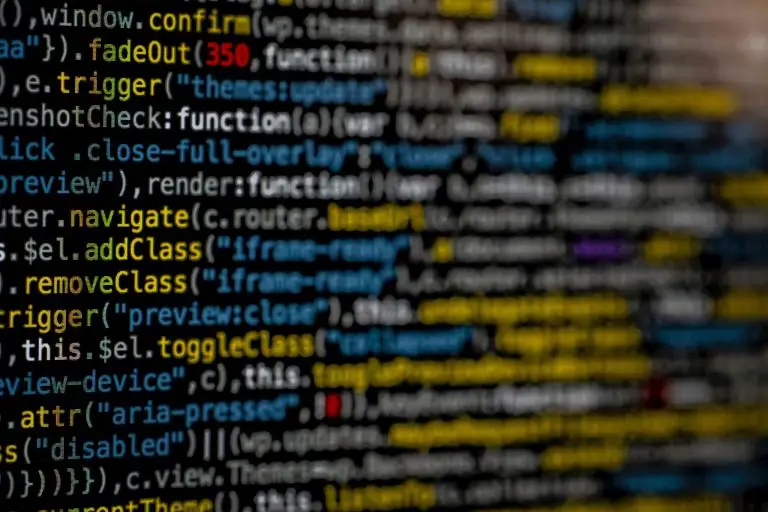
Bjoern Peters, Ph.D., and his lab members are focused on the development of computational tools to address fundamental questions in immunology.

Patrick Hogan, Ph.D., studies cells at the nano level – seeking to understand how protein-protein interactions on the submicroscopic scale can have gargantuan impacts on human health and disease.

Hilde Cheroutre, Ph.D., and her team study the development, function, and regulation of T lymphocytes, a type of white blood cells.

LJI joins a nationwide network working to accelerate transformative health solutions
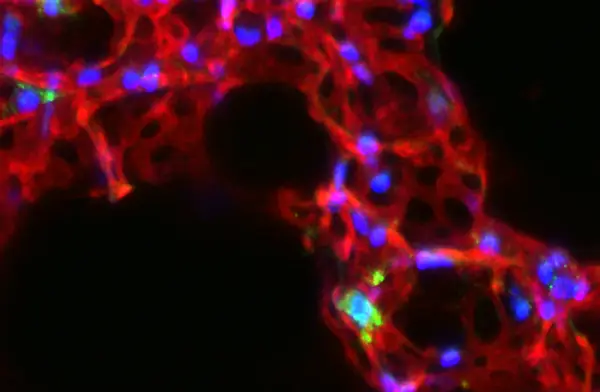
Lung cancer is the leading cause of cancer death for both men and women in the United States. Researchers at La Jolla Institute for Immunology are studying ways to halt lung cancer growth.
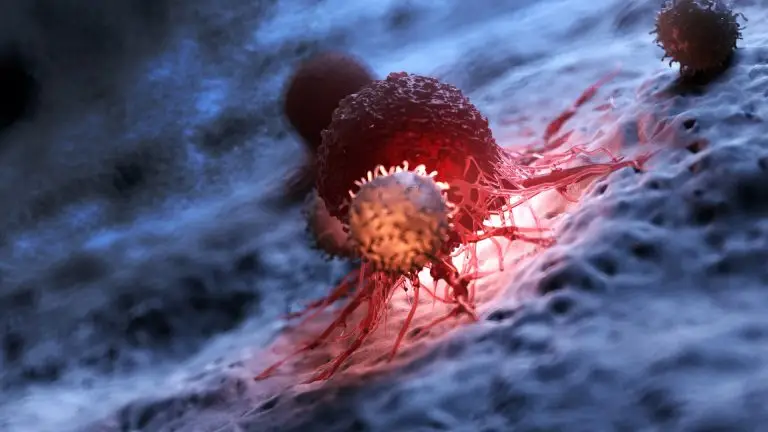
Scientists in LJI’s Center for Cancer Immunotherapy are committed to making cancer immunotherapies work for more people.

Dr. Reina-Campos’ lab seeks to understand the underlying principles governing tissue immune networks that enable robust and long-term protection against infection and tumors.

Ferhat Ay, Ph.D., works to understand gene regulation in complex organisms and diseases.
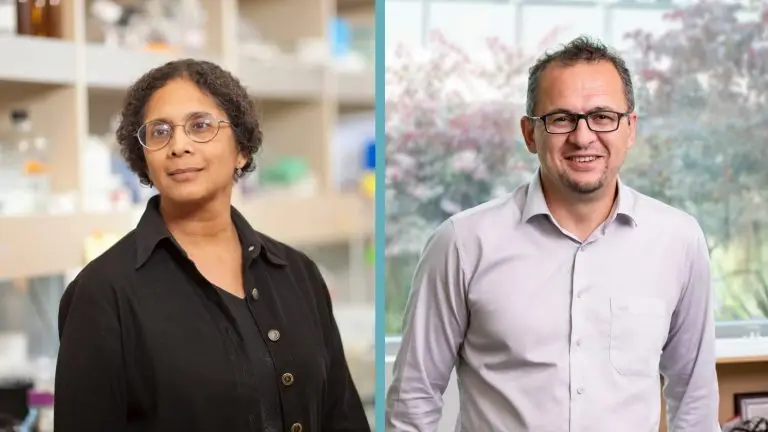
New research may help scientists hunt down solid tumors and better diagnose disease
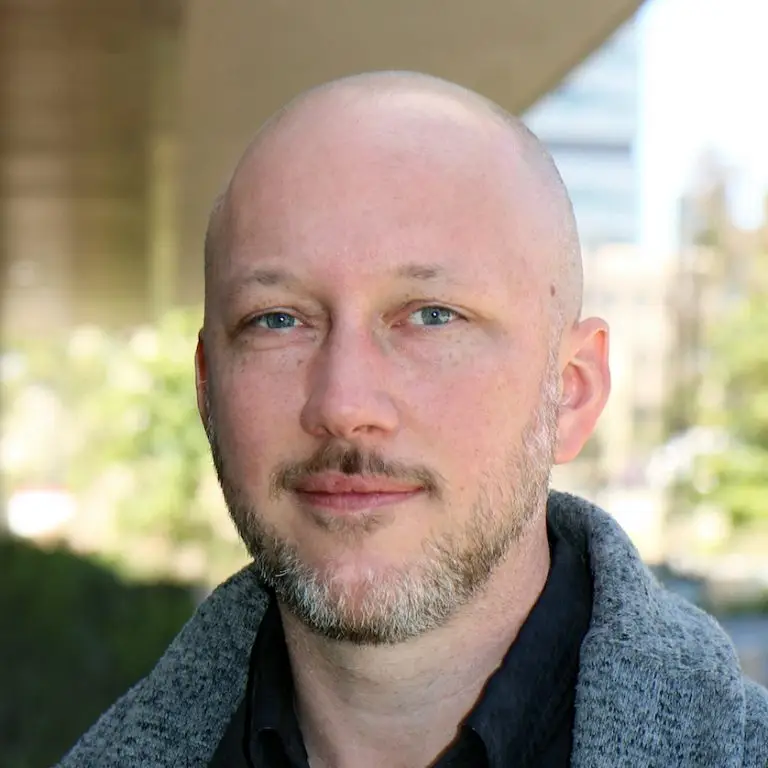
LJI scientists share a new, rapid method for studying phosphorylation and other post-translational modifications

LJI's Flow Cytometry Core brings cutting-edge technology to immune system researchers
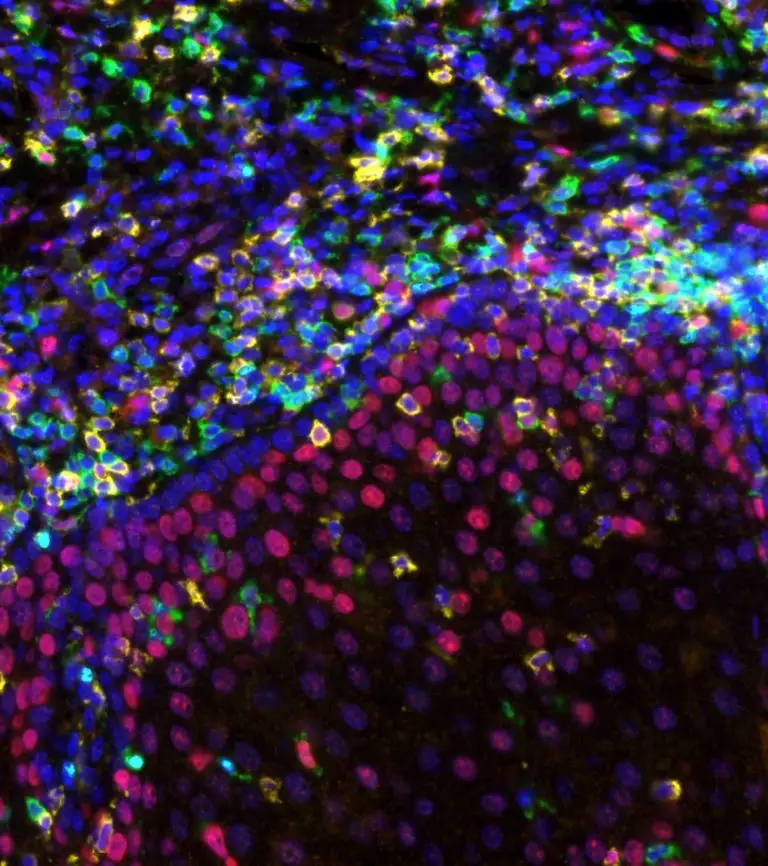
Scientists find evidence that all cancer patients mount an immune response to their tumors, suggesting that many more patients could benefit from personalized immunotherapy

New research suggests a small group of pediatric brain tumor patients may benefit from immunotherapy
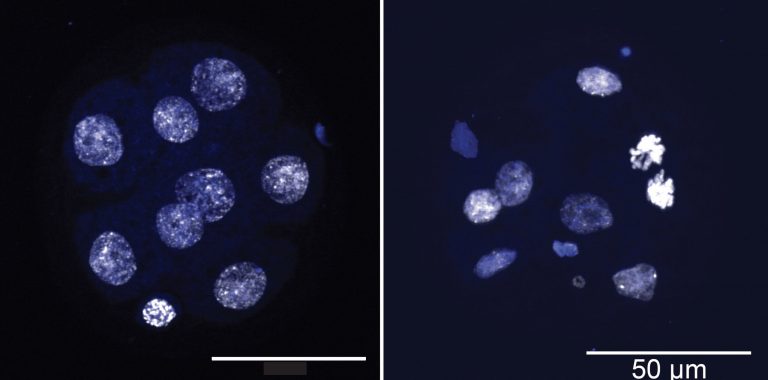
LJI scientists connect TET loss of function to missing genes in embryonic stem cells

The international recognition reflects how LJI research is valued by scientific peers
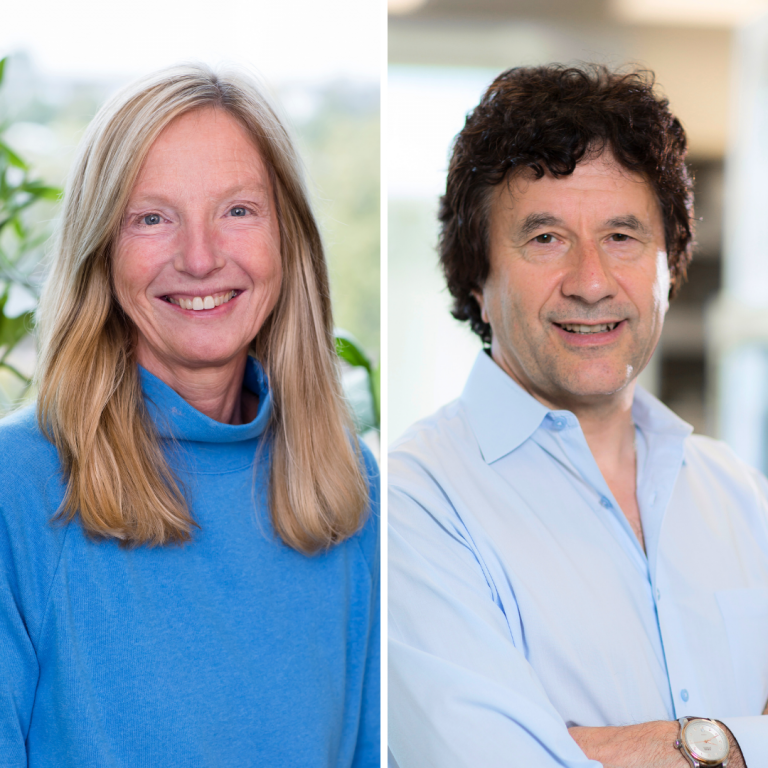
Immune cells called monocytes offer clues to treating cancers, heart disease and more
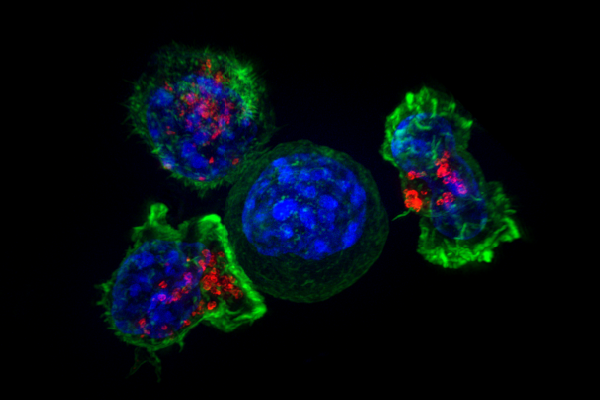
New LJI research could keep cancer-fighting T cells from burning out before the job is done
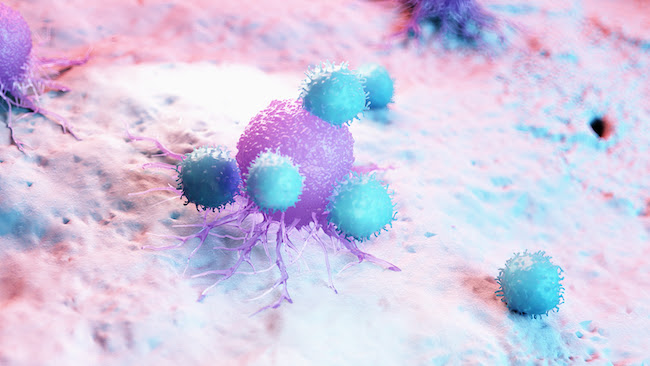
Treating patients with anti-CTLA4 therapies prior to anti-PD1 treatment may be a promising strategy
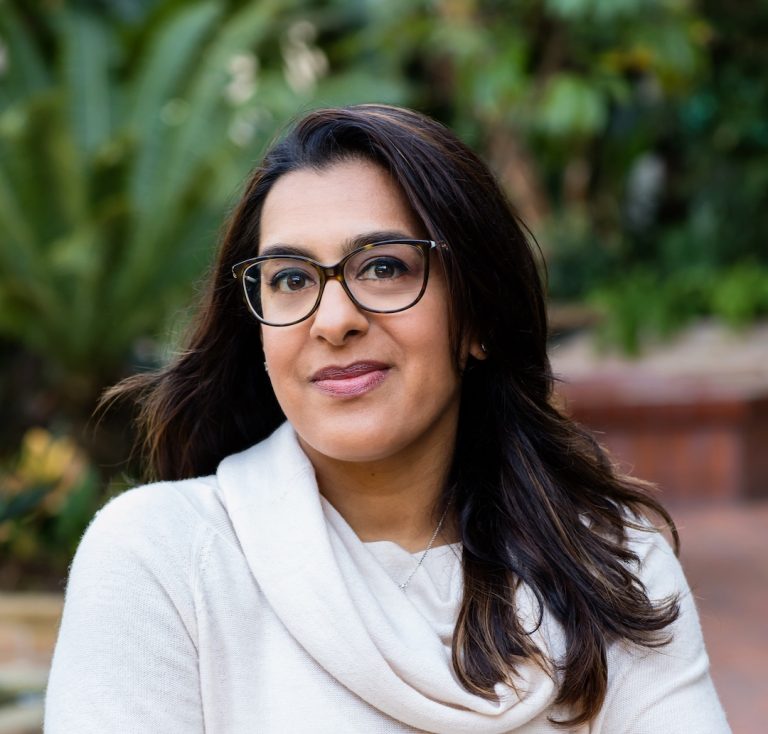
The mission is simple: Figure out which key molecules go missing in cancer patients.
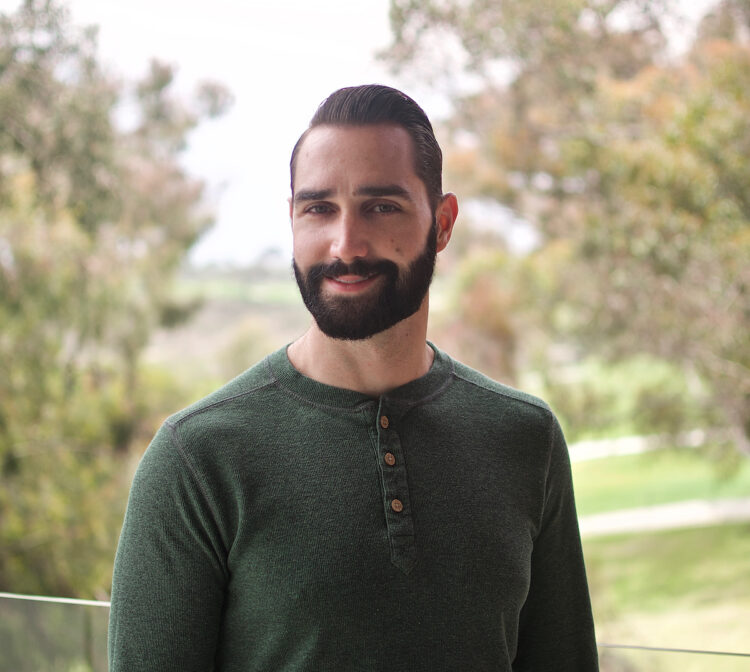
New support from the American Cancer Society fuels research into the primary mutations behind many cancer types

National Cancer Institute support brings cancer researchers together to share key findings
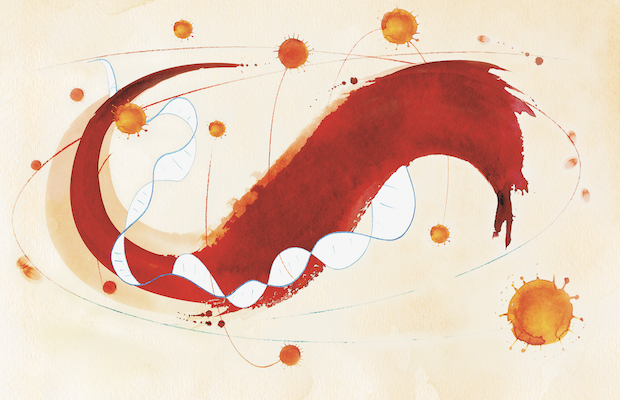
Men and women have different immune systems. With a better understanding of sex-specific immune differences, scientists can more effectively fight infections, cancers, heart disease, and even pregnancy complications.
Dr. Altman’s research into T cell activation opened the door to new therapies for inflammation, autoimmune diseases, cancers, and more.
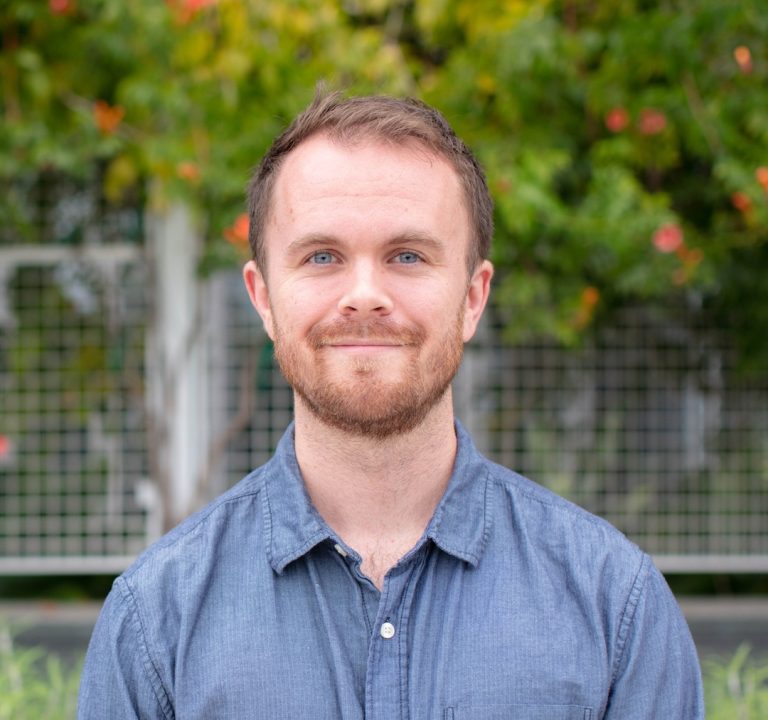
How Ian Mathews used Tullie and Rickey Families SPARK Awards funding to make cancer therapy advances and launch a career in medicine
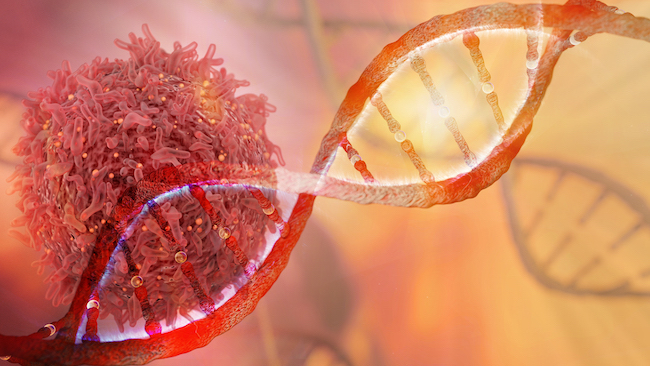
New LJI research could guide the development of more effective cancer immunotherapies
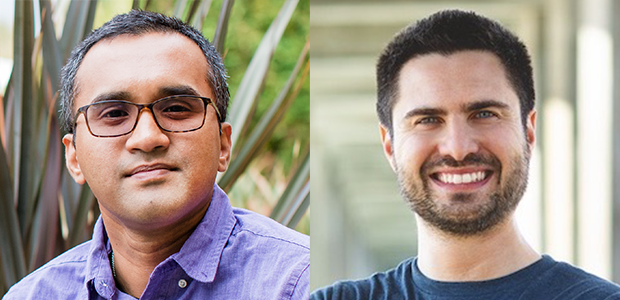
New funding will support high-risk, high-reward projects led by two early-career scientists
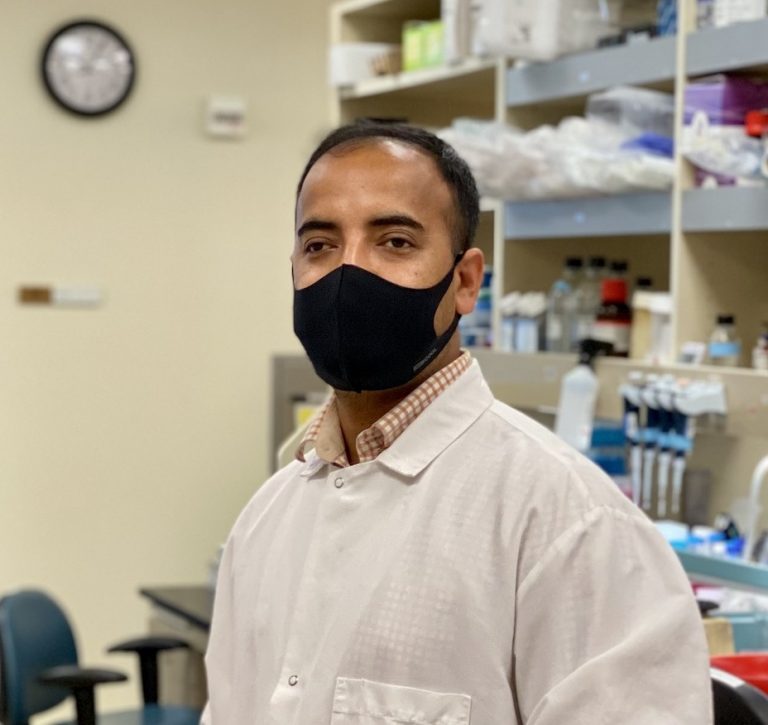
Testing for breast and ovarian cancers has come a long way—but at-risk patients still fall through the cracks. LJI scientist Anup Kumar Singh has won funding to learn more about cancer-causing mutations.
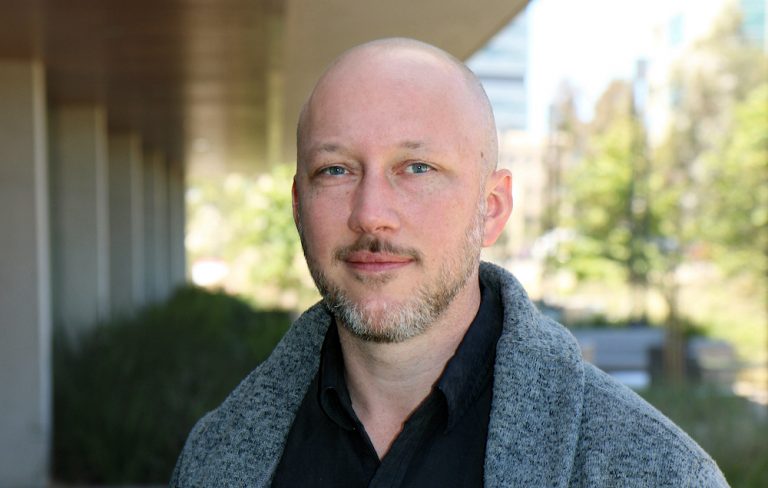
Myers Lab to expand autoimmune disease research, cancer and more

LJI scientists track down control elements that govern gene expression from a distance
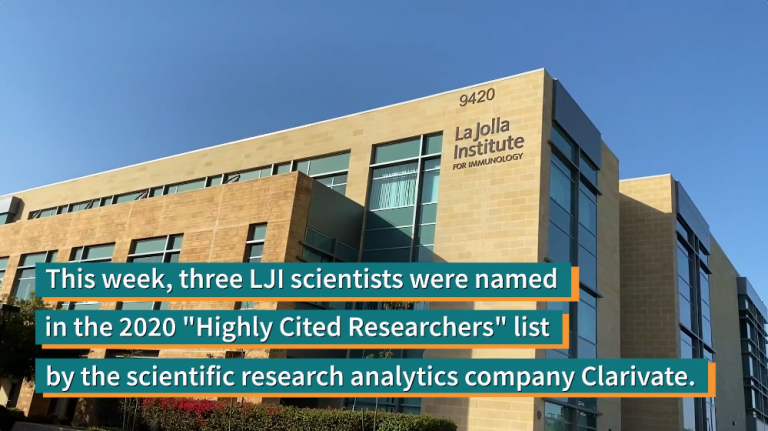
LJI Professors Shane Crotty, Ph.D., Bjoern Peters, Ph.D., and Alessandro Sette, Dr. Biol. Sci., were named “Highly Cited Researchers” this week by Clarivate.
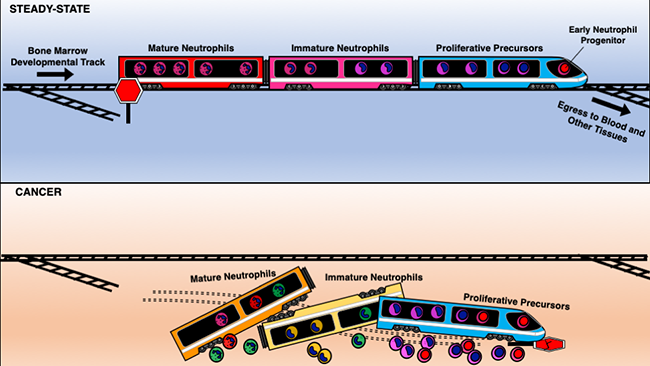
New understanding of immune cell origins may offer cancer and COVID-19 drug targets
Sometimes it takes a personal health crisis to galvanize people to pursue a life-changing path they could have never envisioned.
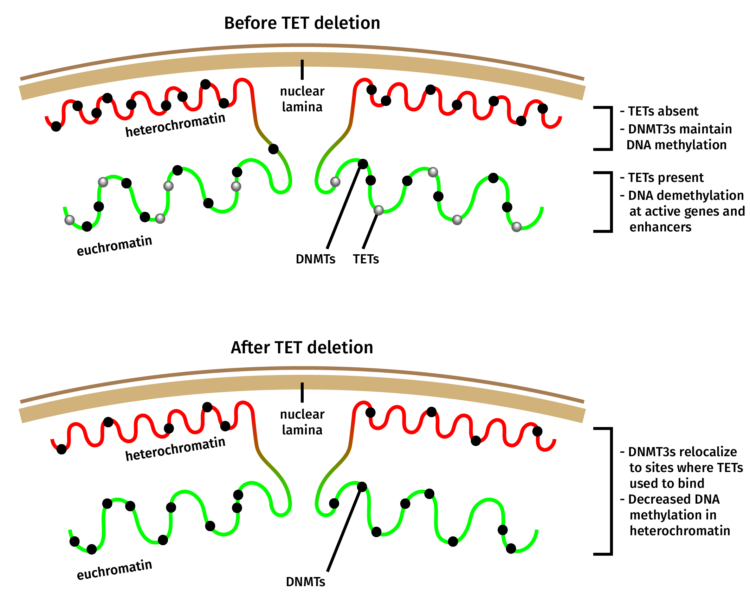
LJI researchers reveal how the finely tuned balance between DNA methylation and demethylation prevents genomic instability and cancer
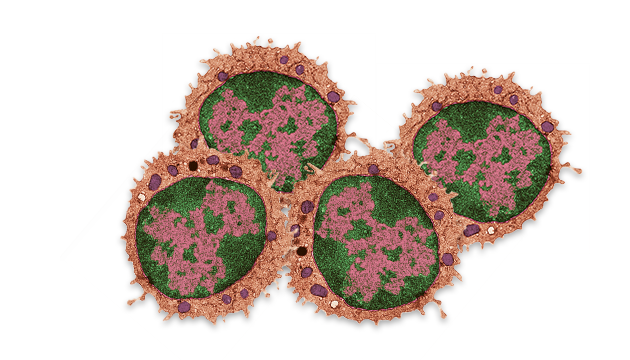
LJI’s new understanding of killer T cells inspires clinical studies of potential immunotherapies
Chemical screen proves feasibility of modulating factor at the hub of immune system's decision to attack or retreat
La Jolla Institute scientists show that deleting troublesome proteins in a mouse model can shrink tumors and prolong survival